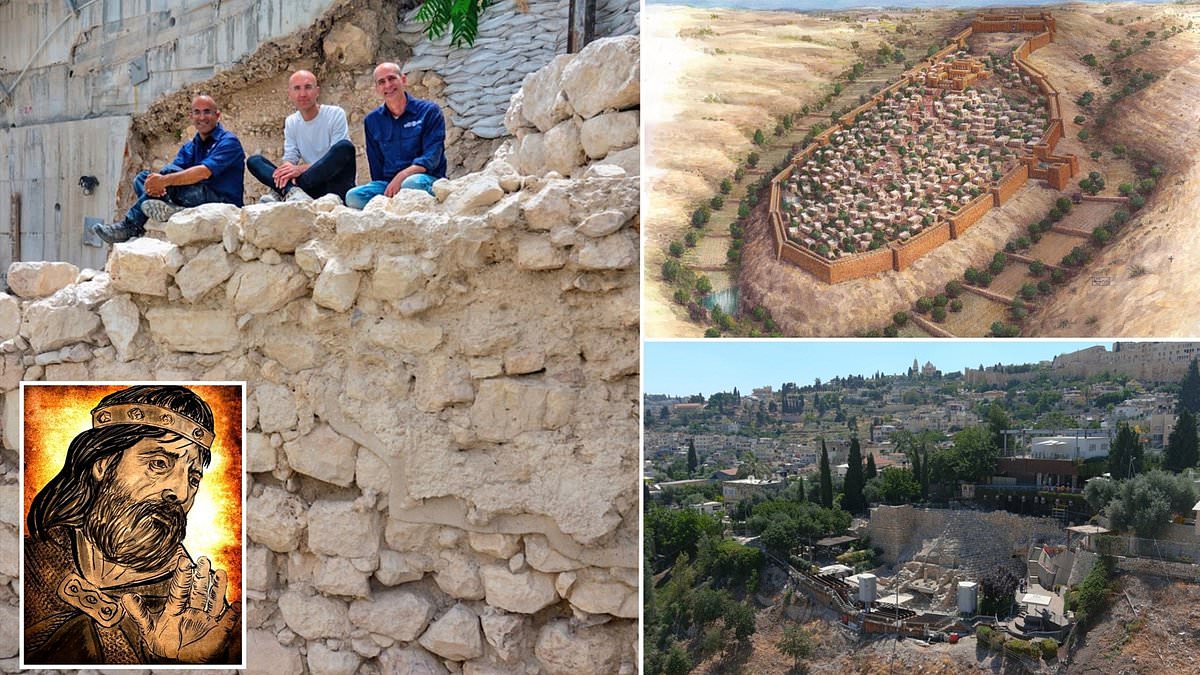Science
For years, the credit for building a substantial portion of the wall in ancient Jerusalem’s center went to King Hezekiah of Judah. It was believed that he built it as a defensive measure against the Assyrian Empire after the fall of the Kingdom of Israel. However, new research conducted over the past decade has uncovered groundbreaking information that challenges this long-held belief.
Contrary to previous interpretations, it has been discovered that King Uzziah, Hezekiah’s great-grandfather, was the actual builder of the wall. This revelation came about as a result of extensive study and analysis, which indicated that the construction was a response to a significant earthquake, aligning with accounts found in the Bible.
Rethinking Historical Narratives Based on the Bible
Traditionally, the construction of the wall had been attributed to Hezekiah’s reign and his resistance against Sennacherib of Assyria. However, the recent research suggests that it was built soon after a major earthquake struck Jerusalem. This new information challenges previously held assumptions and necessitates a reevaluation of the city’s defense system and timeline.
These discoveries not only contribute to a better understanding of Jerusalem’s past but also contextualize the Kingdom of Judah within the wider ancient Near Eastern history. The kingdom faced various challenges throughout its existence, including the devastating Babylonian siege and destruction.
The research findings provide valuable insights into the resilience, cultural legacy, and enduring significance of the Kingdom of Judah.
In conclusion, the revelation about the true roots of Jerusalem’s ancient wall exemplifies the ongoing dialogue between biblical narratives and archaeological evidence. It enriches our understanding of the city’s vibrant history and solidifies its enduring place in the annals of time.
